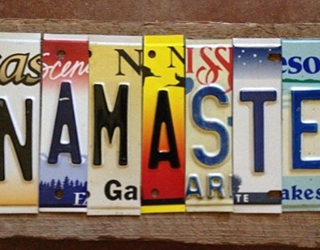This week, I’m helping a young woman find a sober living home so she can begin a new life. Her recovery has been a rocky path of false starts, broken promises. Her journey was my journey twenty years ago.
In recovery, we learn our true purpose is helping others, so I took her under my wing. “You can want it; you can need it,” I told her. “But you have to do it.”
And, finally, she did.
Embracing the steps of sobriety, she infuses me with inspiration. Her journey has a serendipitous effect on both of us: true humility.
I’m also helping find another new home, this time for my mother. It’s difficult to call it a new beginning, easier to believe it is yet another of life’s harsh ironies. But being humble helps me accept this circle of life.

